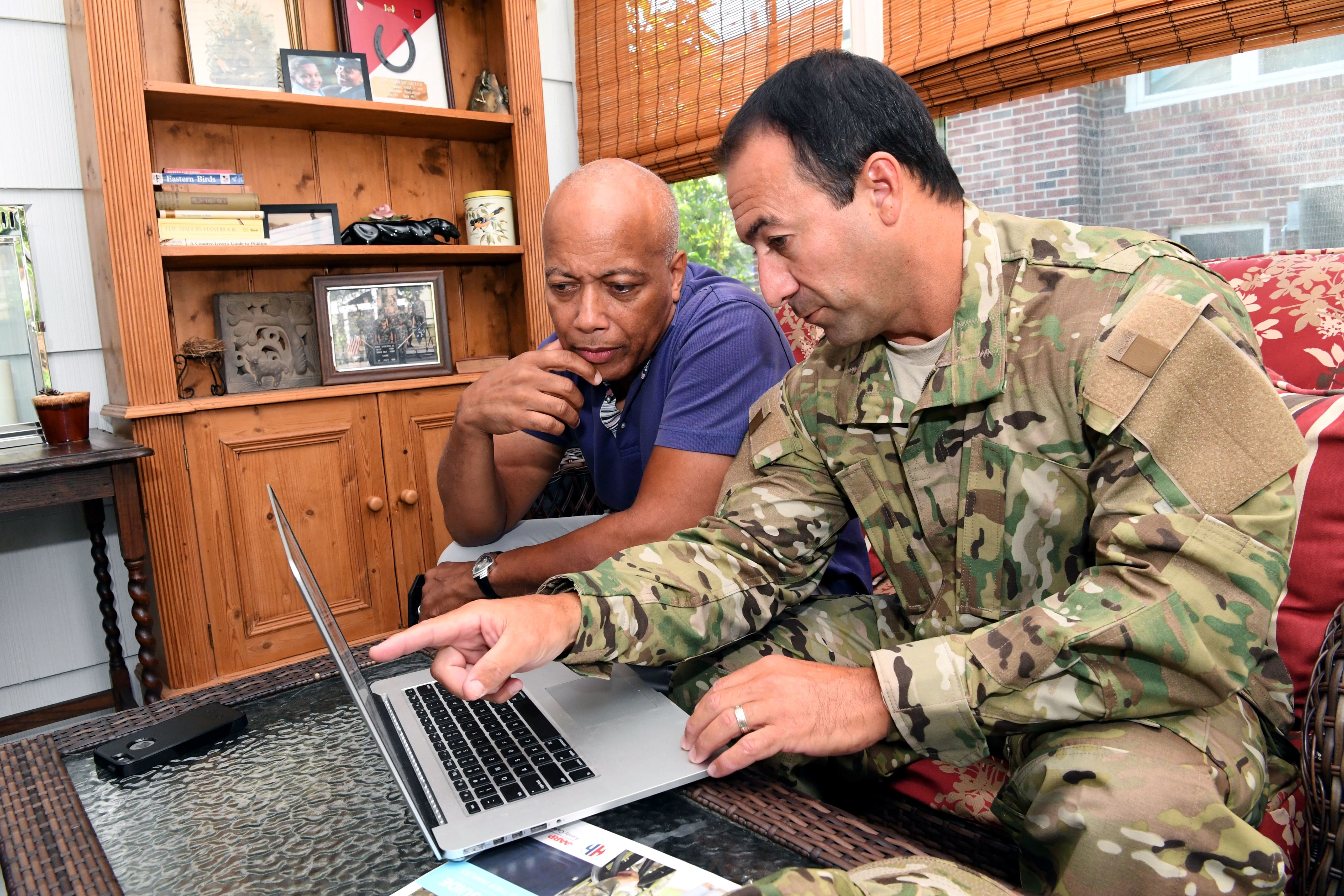AARP Hearing Center

AARP Connecticut to Host Live Tele-Town Hall to Discuss Protecting Veterans from Scams
Connecticut’s nearly 218,000 military veterans and active-duty service members are at risk of being targeted by scammers. AARP recently launched the AARP Veterans Fraud Center, a new online education and resource center to help protect veterans, service members and their families against fraud.
According to an AARP survey, one in three military/veteran adults reported losing money to scams that are specifically trying to take advantage of the trust they have in the military community. Veterans, active-duty service members and their families are 40% more likely to lose money to scams and fraud than the civilian population. These individuals lost more than $267 million in 2021, up from $102 million in 2020 (a 162% increase), according to the Federal Trade Commission.
“Targeting scams at members of the military community is unconscionable,” said AARP Connecticut State Director Nora Duncan. “AARP has launched this effort to alert veterans and their families of the latest scams, how to avoid them, and ways to fight back.”
In addition, Duncan will host a live, interactive “Fighting Fraud with AARP Connecticut Live Tele-Town Hall: Protecting Veterans & Families” on Friday, May 20, at 11 a.m. to share how AARP is protecting Connecticut veterans and their families against consumer fraud and scams. She will be joined by Troy Broussard, AARP Veterans and Military Families Initiative Senior Advisor, and Carol Kando-Pineda, Counsel in the Federal Trade Commission Division of Consumer and Business Education. Listen Live on Facebook.com/AARPCT, vekeo.com/AARPConnecticut, or by calling 866-641-6908.
Top scams aimed at veterans include:
- Benefit Buyouts: Turning over U.S. Department of Veterans Affairs (VA) pension and/or disability benefits for a supposed lump-sum payment that never materializes (47%).
- Fraudulent records scam: Paying for updated personal military records (32%).
- The fake charitable giving request: Donating to fake veteran charities (32%).
Free resources in the AARP Veterans Fraud Center include:
- A new AARP Watchdog Alert Handbook: Veterans’ Edition, highlighting tips to detect the most common ways con artists target veterans and military families;
- The AARP Fraud Watch Network and Scam-Tracking Map; and
- Operation Protect Veterans—a joint program of the AARP Fraud Watch Network and the U.S. Postal Inspection Service.
Some top tips AARP’s Fraud Watch Network recommends include: signing up for the National Do Not Call Registry and using a call-blocking service; using strong and unique passwords for each online account; using two-factor authentication when available; and placing a free security freeze on credit reports at each of the three major credit bureaus. Also, veterans never have to pay for their service records or earned benefits—if told otherwise, it’s a scam.
To learn more about the AARP Veterans Fraud Center and to download a free copy of the new Watchdog Alert Handbook: Veterans’ Edition, visit www.aarp.org/vetsfraudcenter. For additional resources and information on AARP’s support for veterans and military families, including caregiving, competing in today’s job market, and connecting with earned service benefits, visit www.aarp.org/veterans.
































































